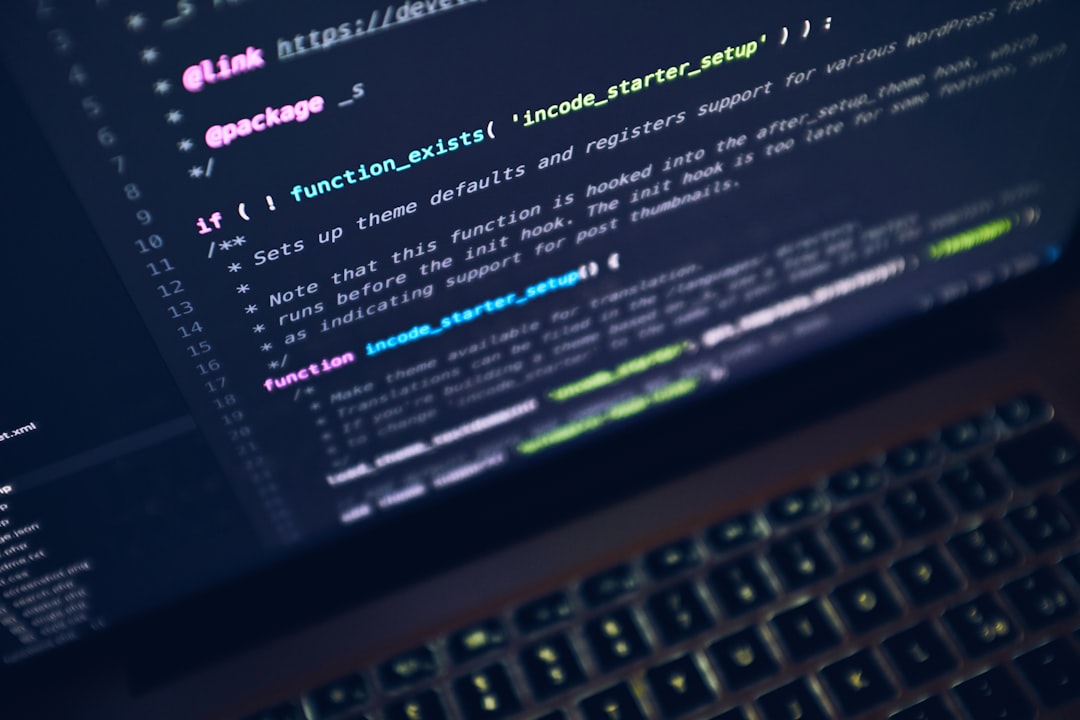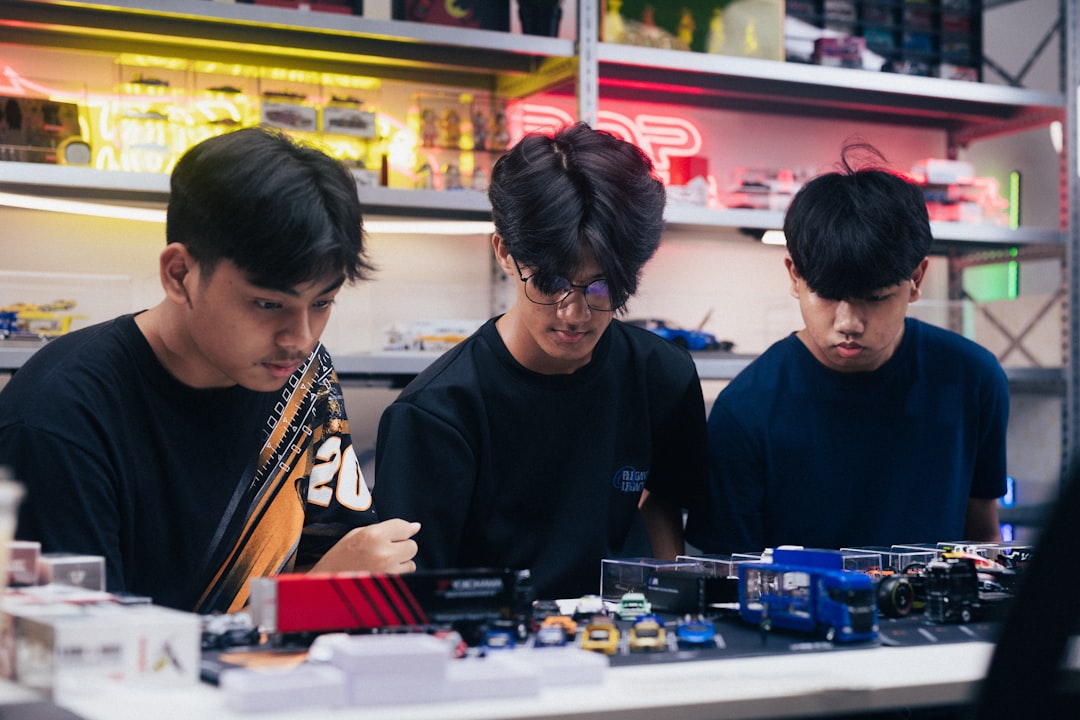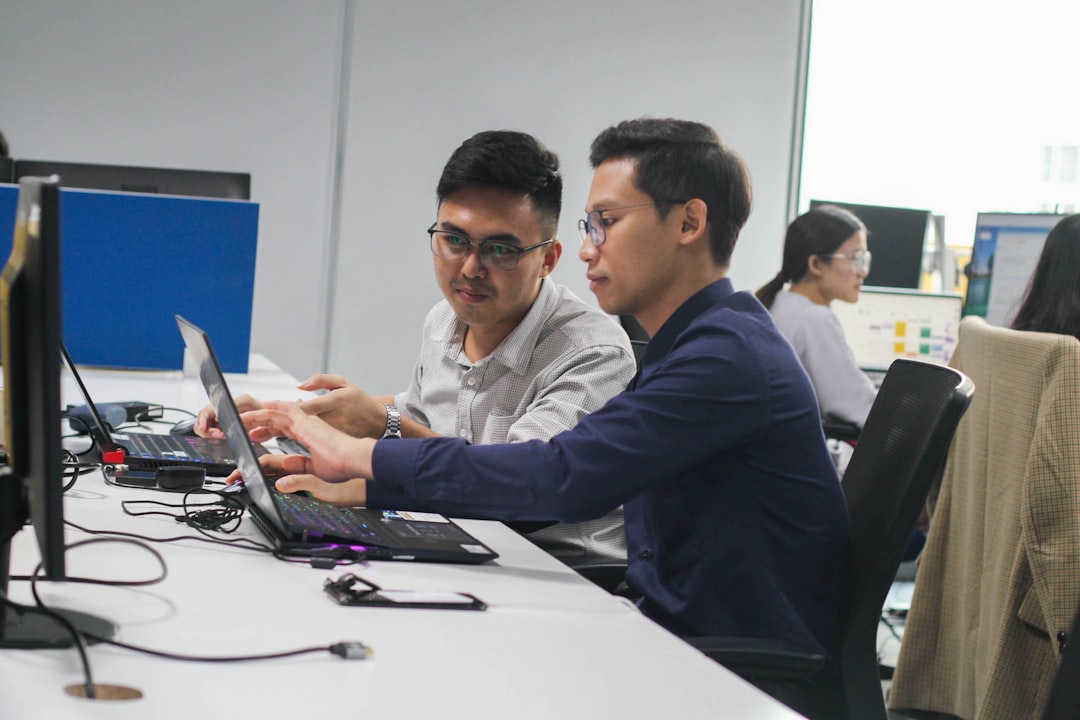How does AI translation impact the job market for human translators?
Imagine you’re trying to watch your favorite show, but it’s in a language you don’t speak. No worries! AI translation tools like Google Translate or DeepL step in to help. They work fast and are often free. But what does this mean for the people who used to do this job—human translators?
Let’s take a closer look at how AI is changing the world of translation work.
AI Is Fast But Not Fluent
AI can translate millions of words in seconds. It never gets tired. It doesn’t need coffee breaks. For simple tasks, like translating menus or street signs, it’s pretty good.
But AI still struggles with:
- Jokes and humor
- Cultural references
- Poetry and slang
This is where human translators shine! They know the hidden meanings behind words. They understand the culture, the tone, and the emotion.</[p]

Less Work or New Work?
Some people fear that AI will take away jobs from human translators. That is true to some extent. Many businesses now use AI for basic tasks like translating product descriptions.
But here’s the twist! AI is also creating new types of translation jobs.
For example:
- Post-editing: This means fixing translations done by AI.
- Training AI: Humans help AI learn new languages and styles.
- Localizing content: Adapting content for local cultures and markets.
So yes, some traditional translation jobs are shrinking. But other smarter jobs are popping up!
AI and Humans: Better Together
Think of AI as a fast bike. Human translators are the riders. By using AI tools, they can go faster and farther. A strong team beats a solo act any day!
Human translators now use AI to:
- Speed up their work
- Reach more clients
- Check spelling and grammar
This means they can focus on the creative parts and leave the boring stuff to the machine.

Some Jobs Are Still Safe
Not all translation jobs will be touched by AI. Some fields need 100% accuracy and a deep human touch.
Examples include:
- Legal Translation: Laws are complicated and words matter a lot.
- Medical Translation: Mistakes can be dangerous.
- Literary Translation: Books and poems need emotion, not just words.
In these cases, human translators are still the MVPs.
Learning to Adapt
If you’re a translator, there’s good news. You don’t have to compete with AI. Instead, you can work with it.
Here’s how to stay ahead:
- Learn to use AI tools
- Improve your editing skills
- Get good at understanding cultures and tones
Think of yourself as a language expert with a robot sidekick. Pretty cool, right?
The Future Looks… Bilingual!
AI translation is here to stay. It’s fast, cheap, and always getting better. But human translators bring something special to the table—heart, culture, and meaning.
So don’t worry. Jobs are not just disappearing. They are evolving. With the right skills, human translators will always have a place in the world.
After all, even the smartest robot can still mess up a joke. 😉



